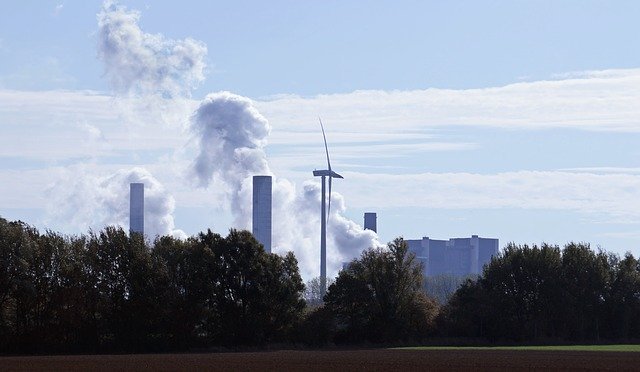
In a new study, researchers raise strong concerns that even short-term exposure to low-level air pollution can affect gene expression, leaving us at risk of other diseases such as cancer, cardiovascular and respiratory diseases.
The research provides the first evidence that exposure to even very low levels of air pollution can change gene expression that is the hallmark of diseases such as cancer.
The research was conducted by a team from Monash University in Australia and elsewhere.
It has long been known that exposure to air pollution, including the widespread smoke events in the US and Europe, can lead to short term health problems such as respiratory distress.
It is also known that longer-term exposure to air pollutants leads to oxidative stress and issues like an increased risk of heart disease.
In the study, the team examined blood samples from 266 pairs of twins (192 identical and 74 nonidentical) as well as 165 parents in Brisbane over periods from 2005 to 2010. The volunteers are part of the Brisbane System Genetics Study.
The periods when the blood samples were taken were matched to data from seven air quality monitoring stations around Brisbane at that time, to measure the levels of exposure to PM2.5 (the main particulate matter in smoke) and sulphur dioxide (the main gaseous pollutant).
The researchers studied expression in six genes linked to oxidative stress and inflammation, which have long been considered important features of disease processes initiated by pollutants.
They found that even the low levels of air pollution experienced in Brisbane over the decade of the study led to the change of gene expression linked to morbidity and mortality in the longer term.
The latest study is further evidence that exposure to air pollutants, even at low levels, has long term health consequences, which has real-life implications for the current COVID pandemic.
The team says combined with the global consequences of COVID-19 and its impact on respiratory health there is even a greater need to be conscious of limiting our exposure to air pollution.
The lead author of the study is Associate Professor Yuming Guo.
The study is published in the journal Environment International.
Copyright © 2020 Knowridge Science Report. All rights reserved.



